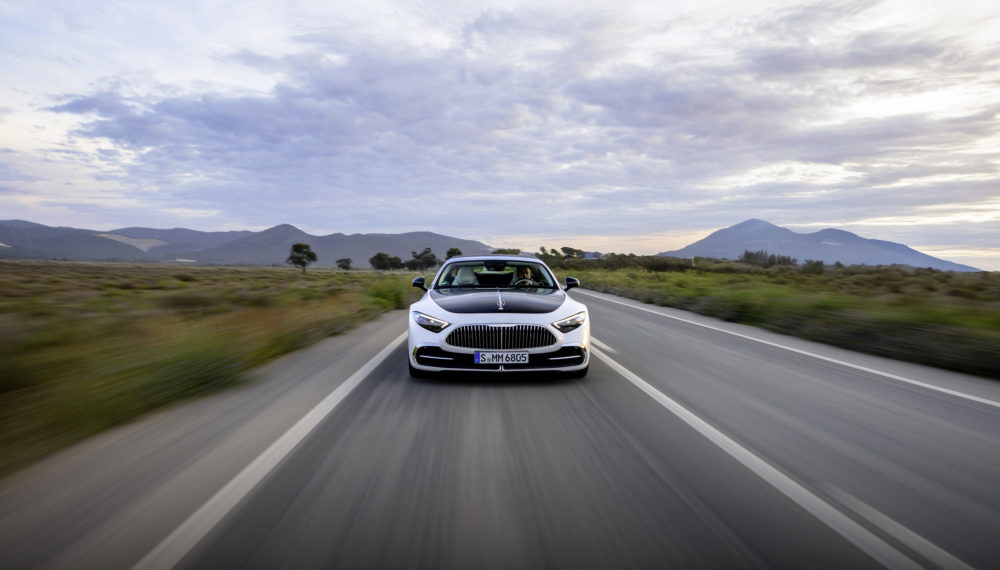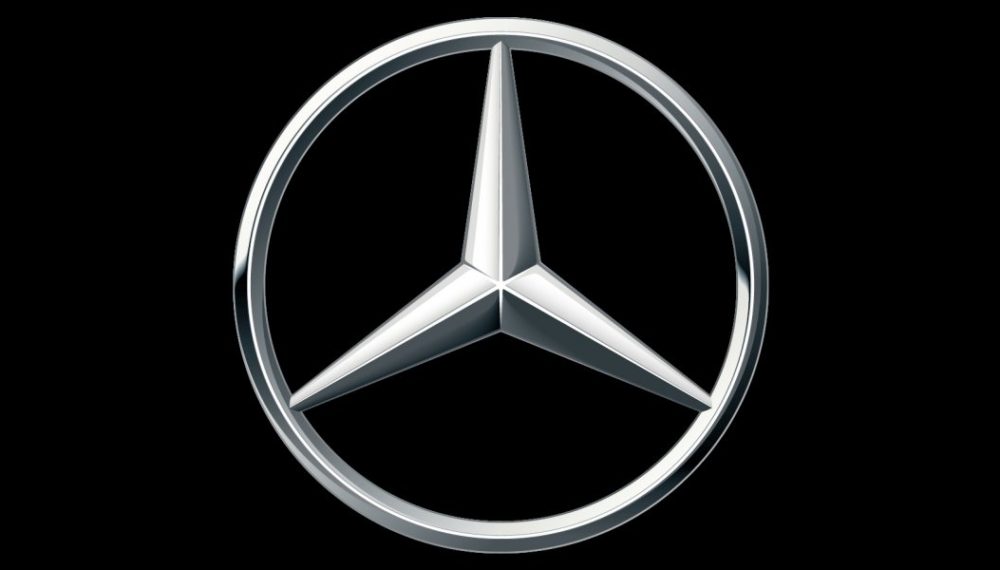According to Greg at British car mag, AutoCar, Mercedes-Benz sources in Germany have confirmed Chinese media reports suggesting its parent company Daimler and Chinese car maker BYD Auto’s new joint venture brand will be called Denza.
Created as a Chinese-market-only brand, Denza is set to support a range of affordable electric powered vehicles – the first of which is set to be unveiled at the Beijing motor show on April 23.
Based on the discarded underpinnings of the first-generation Mercedes-Benz B-class – a car originally designed to accept batteries within its flat floor structure, the first Denza model has been developed in a joint engineering effort between Daimler and BYD, a partnership that was made official by Daimler chairman Dieter Zetsche and BYD president Wang Chuanfu back in 2010.
Little is known about the new zero-emission five door hatchback, but Autocar sources confirm a team from Daimler has led the styling, body and chassis engineering, with BYD providing expertise on the electric driveline system.
Prior to becoming active in the automotive field, BYD rose to prominence as the lithium ion battery supplier for Nokia, Motorola and other mobile phone manufacturers.
Nothing is official, but elements of the BYD E6’s driveline, which uses a state-of-the-art lithium-ion phosphate battery and is claimed to boast a range of up to 186 miles in mild weather conditions, are said to be used by the new car.
In the run up to the introduction of the first Denza model, BYD says it has produced a total of 309 E6s – some 40 of which have been undergoing durability testing as part of a fleet run by the Pengcheng Electric Taxi Company in the city of Shenzhen, raking up a total of 1,864,114 miles according to an official BYD statement.
Speaking about the decision to link with BYD, Daimler boss Zetsche said: “We will be able to participate in the potential growth of electric mobility in China, the largest car market of the world. Electric vehicles are especially well suited for urban driving. With its many metropolitan areas, China has the potential to be among the world’s largest markets for zero-emission vehicles.”


